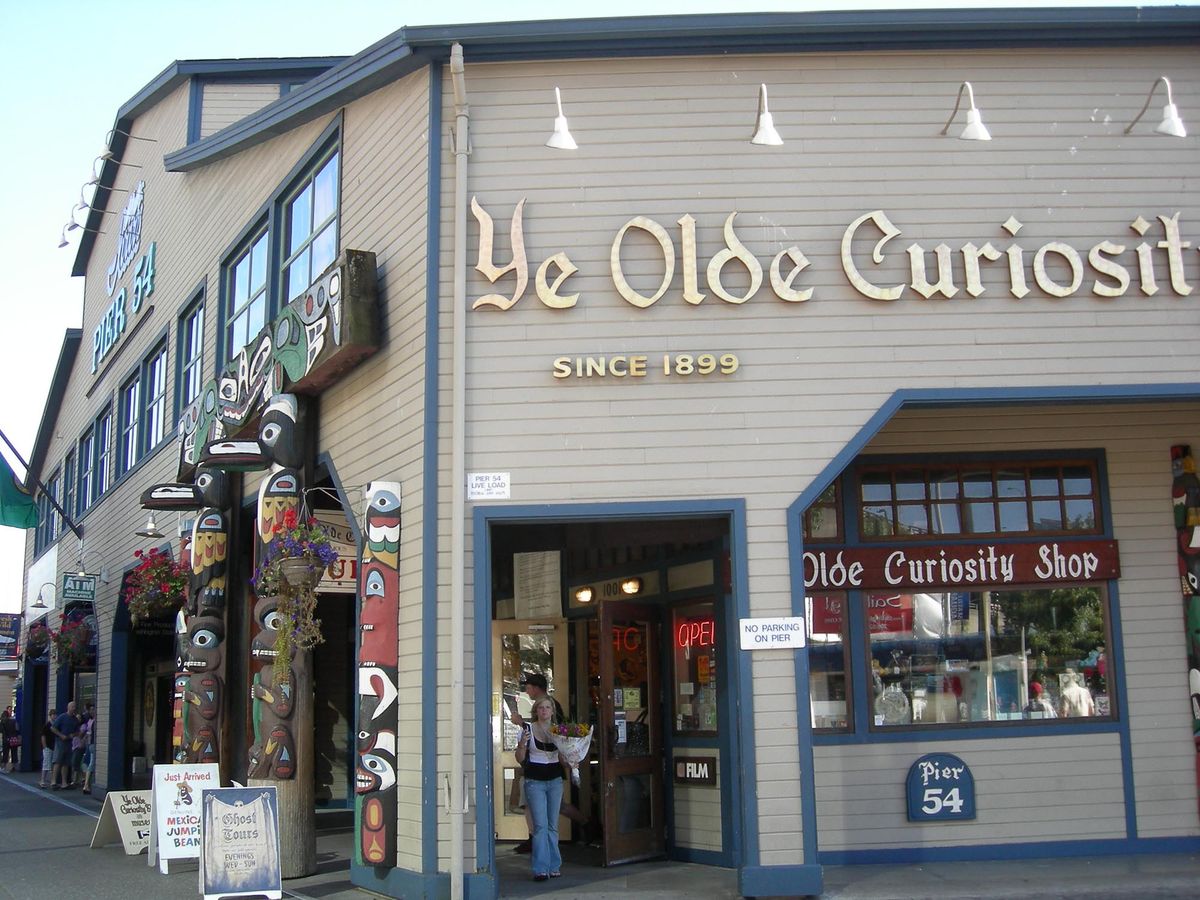Two American artists who falsely claimed Indigenous heritage are facing charges for violating the Indian Arts and Crafts Act, a federal truth-in-advertising statute that prevents the sale of objects falsely marketed as being made by an enrolled member of a Native American tribe. The violation carries a five-year prison term or fines ranging up to $250,000, although maximum penalties have never been implemented since the law was signed in 1990.
The Washington-based artists Lewis Anthony Rath, who claimed membership of the San Carlos Apache tribe, and Jerry Chris Van Dyke, who used the pseudonym Jerry Witten and claimed Nez Perce tribe membership, sold works at two galleries in downtown Seattle. The cases stem from anonymous complaints made in 2019 and unfolded as officers of the US Fish and Wildlife Service made several undercover purchases, including a carved totem pole by Rath bought for more than $1,300.
The men, who are being charged separately, made their initial appearances regarding the complaints in the US District Court in Seattle last week. Rath additionally faces charges of possessing feathers from protected birds, a misdemeanor offense that carries up to a $5,000 fine or one-year sentence.
The galleries, called Raven’s Nest Treasure and Ye Olde Curiosity Shop, both claim to have worked with the artists in good faith and are not facing criminal charges. Under the Indian Arts and Crafts Act, businesses that breach the law could be prosecuted and fined up to $1m.
Edward Grace, the assistant director of the law enforcement department of the US Fish and Wildlife service, says in a statement that “flooding the market with counterfeit Native American art and craftworks cheats the consumer, undermines the economic livelihood of Native American artists and impairs Indian culture”.
Several artists and dealers have been accused of violating the Indian Arts and Crafts Act, most notably the late artist Jimmie Durham, who claimed Cherokee heritage and incorporated Indigenous themes in his work. Cases involving the act have never been heard in a federal court and it is seldom enforced. However, in a rare case in March of this year, Anchorage-based dealer Lee Screnock was sentenced to pay $2,500 in restitution and given five years probation for selling falsely represented carvings and a polar bear skull to an undercover agent.


